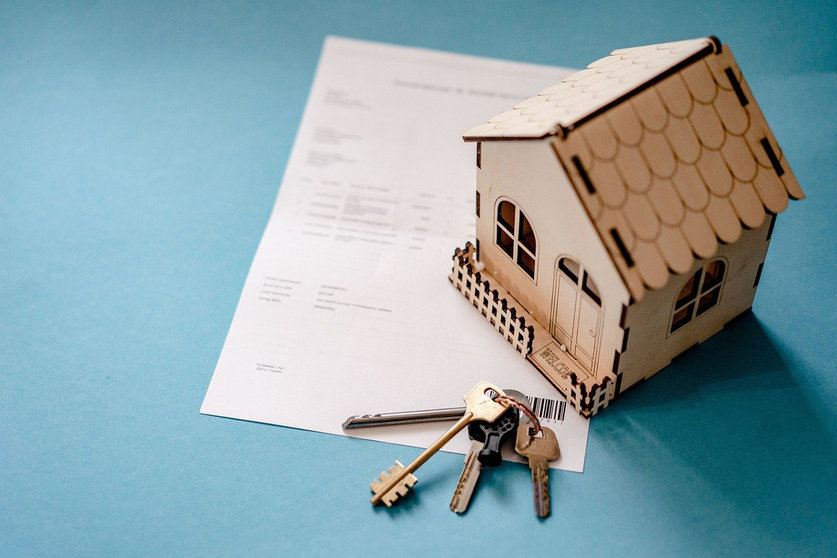Buying a home in Spain is a dream for many people, not just Spaniards.
The country of the sun and the beach has become in the last decades a great pole of attraction for people from all over the world who are attracted by its climate, its gastronomy, the joviality of its inhabitants and its cultural richness.
As official figures show, more and more foreign workers immigrate to Spain to stay and contribute their taxes to the development of the Spanish society.
Spain is also a common destination for pensioners from Nordic countries, who want to leave the cold behind and spend their last years sunbathing on its coasts, and for digital nomads who consider the country the perfect place to spend a few years working remotely.
Most of them have one thing in common when buying a house: they need to take out a mortgage with a Spanish bank to finance the purchase. And the bank, which needs to ensure the solvency of customers, will require that they meet some requirements and provide certain documents before agreeing to grant the loan.
When requesting a loan to buy a home, we must begin by clarifying three fundamental questions: the economic capacity of the client to repay the borrowed money (no bank lends even one euro if there are doubts about this), the maximum amount that the bank is willing to finance, and the amount of prior savings that you need to have for financial institutions to grant the loan.
General requirements to contract a mortgage
The bank will want to know the income and fixed expenses of the home buyer before answering whether or not to grant a mortgage.
Although the requirements may vary from one entity to another, there is an unwritten general rule in Spanish banking that says that it is recommended that the monthly payment resulting from a mortgage should not exceed 30% of the client's monthly income.
Normally a mortgage is contracted for 20 or 30 years. That is a long time, and there is thus a lot of income margin (the other 70%) so that the buyer of a house can see his situation change without it posing a fundamental risk of default.
To further reduce this risk of default, the bank will request the buyer's credit history. This is done to verify that the client has paid any previous loan or debt according to the required terms and to know if he has any previous loan still pending payment.
The bank will also ask clients about their employment status. They will especially analyze their job stability, the duration of the employment contract in force and the professional sector in which they work.
Finally, some issues that have to do with the personal situation will be analyzed, such as age, marital status and number of dependent children, if any.
The objective is to clarify if there is any factor that increases the risks or negatively influences the buyer's profile. If they find them, the bank will probably require more payment guarantees - which can be, for example, life insurance - or people who act as guarantors.
Documents to provide when requesting a mortgage
Home buyers will have to provide some documents that allow banks to verify the accuracy of the information provided during the loan negotiation.
The documents required by Spanish banks are almost always the following:
- Identity document (DNI or Passport and NIE, in the case of foreigners).
- The employment contract.
- The last three payroll.
- The last income tax return.
- Working life report.
- Document that proves the marital status (Family Book, if the buyer got married in Spain, if not an equivalent document).
- Proof of other income (for example, if the buyer has other properties and receives a regular rent).
- Bank statement for the last six months.
- Registry document (Nota Simple) of the property to be purchased. This document must be requested at the offices of the Property Registry (Registro de la Propiedad) of the place where the property is located.
- Registry documents (Notas Simples) of the other properties owned by the buyer.
After analyzing all these documents and the personal information provided, the bank must decide whether or not to grant the loan.
If the application is approved, the negotiation of the mortgage conditions will begin. The bank and the client will have to agree, for example, on the type of loan or the terms for repayment.
If the financing request is rejected, not everything is lost yet for the client. Changes can still be made, for example, in the type of property to buy, in the amount of the loan, the repayment terms or the required guarantees.
The bank will grant the funds when it is sure that the request is realistic and is adapted to the real capacity of the buyer to meet the payments.











